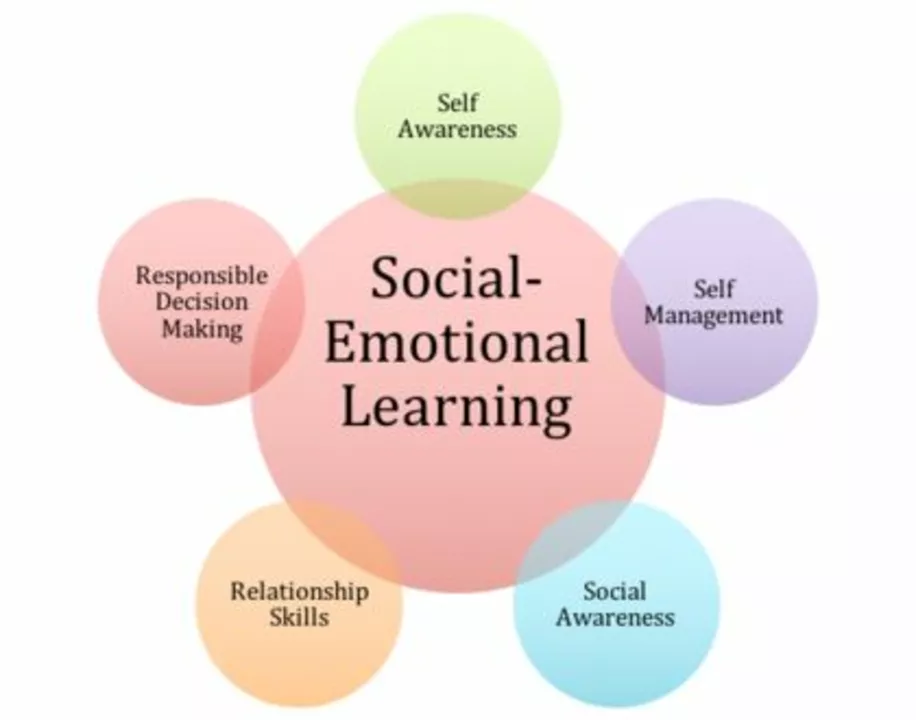Coping with Sickness: Practical Steps to Feel Better Fast
Feeling sick throws everything off. You want relief, not a list of medical theories. Below are clear, useful steps you can start today to ease symptoms, speed recovery, and avoid common mistakes.
Immediate actions that help
First, slow down. Rest gives your body the energy to fight infection. Slice activities into small chunks and nap when you can. Hydration is next—water, broths, and electrolyte drinks keep you functioning and help loosen mucus. Skip alcohol and too much caffeine; they dehydrate you.
Manage fever and pain with over-the-counter meds if needed. Follow the package instructions or your doctor’s advice. Use a cool compress, wear light clothes, and keep the room comfortably cool if a fever feels overwhelming. A humidifier or a hot shower can calm a cough and clear nasal congestion.
Eating might be the last thing on your mind. Choose easy-to-digest foods: toast, bananas, applesauce, chicken broth, or plain rice. Small, frequent portions are easier to handle than big meals. If nausea is a problem, try ginger tea or peppermint—many people find these soothing.
Smart symptom care and when to ask for help
Track symptoms for 48–72 hours. Write down fever, breathing changes, new pain, or neurological signs like confusion. That record helps telehealth or in-person providers give better advice. Use a simple checklist: temperature, breathing, hydration, urine color (dark = dehydration), and appetite.
Watch for red flags: trouble breathing, persistent chest pain, fainting or confusion, very high fever, dehydration with little urine, or symptoms that rapidly get worse. If you see any of those, get medical help now. For babies, older adults, or people with serious chronic illnesses, call your provider sooner—small changes can become big problems quickly.
If you need medication, be cautious ordering online. Use well-known, verified pharmacies and talk to a pharmacist if something looks off. Never mix prescriptions without checking interactions with a clinician or pharmacist.
Mental health matters. Being sick is isolating and drains mood quickly. Keep brief routines—light stretches, short walks if safe, and small habits like showering or changing clothes once a day. Call a friend or use a video chat to feel connected. If anxiety or low mood lasts beyond the illness, reach out for support.
Finally, protect others. Cover coughs, wash hands often, and stay home until symptoms improve or until a healthcare provider clears you. Clean high-touch surfaces and avoid sharing utensils. Recovering responsibly keeps your household and workplace healthier.
Use these steps as your basic plan. They won’t replace a doctor, but they help most people stay comfortable and get back to normal sooner. If in doubt, ask a clinician—better safe than sorry.

